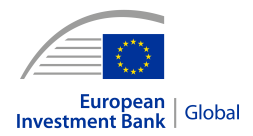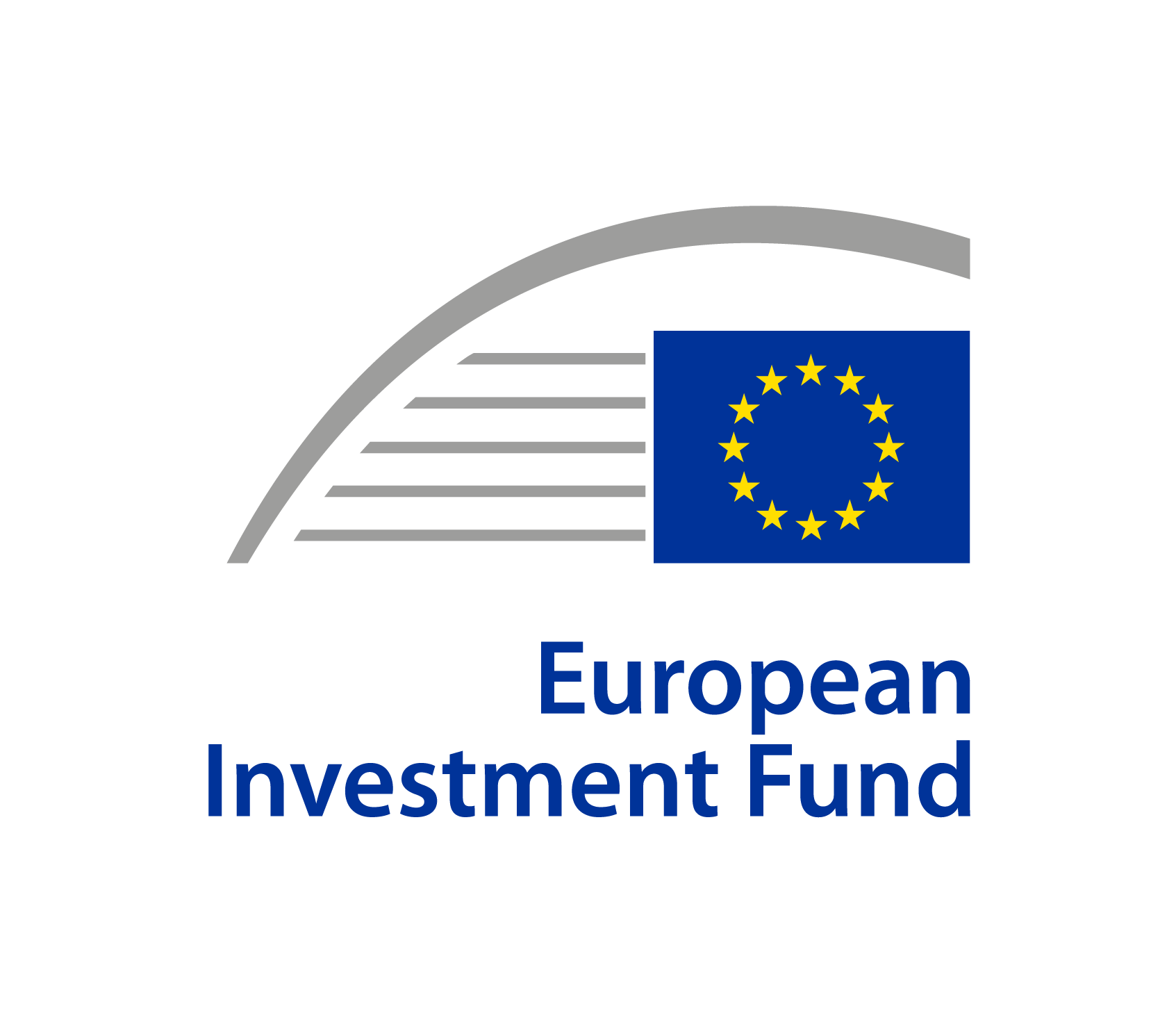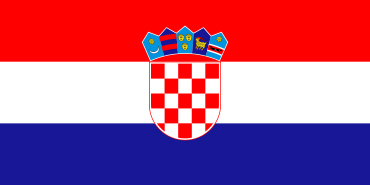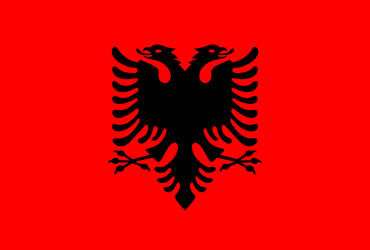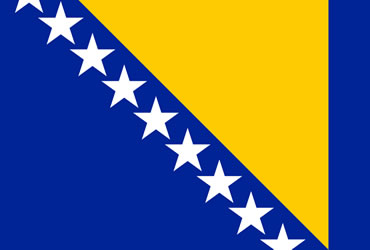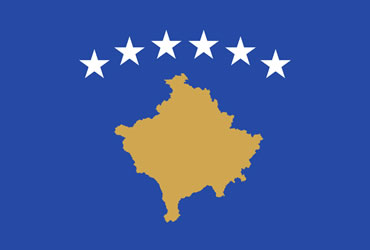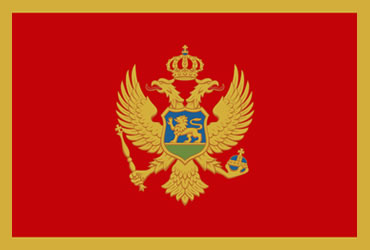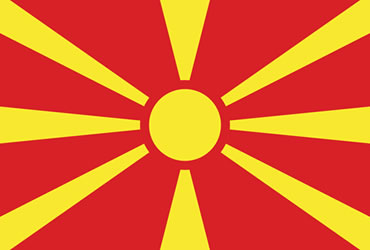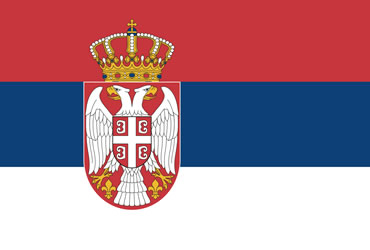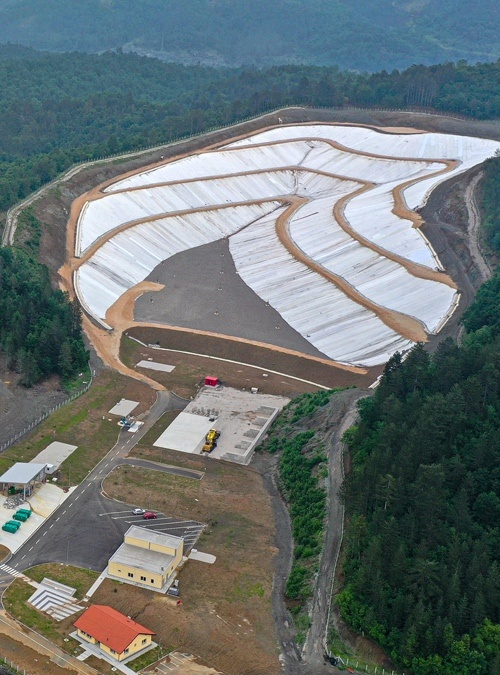
Modern waste management centre starts operating in Bosnia and Herzegovina
A new solid waste management centre in Živinice, Bosnia and Herzegovina, officially began operating on 7 April 2025, following several years of construction. The facility is the first sanitary, EU-compliant solid waste landfill and recycling centre in Tuzla canton. It will serve the municipalities of Živinice, Banovići and Kladanj, which have a combined population of around 100,000.
The construction of the centre was financed thorough the Western Balkans Investment Framework with a €360,000 EU and bilateral donor contribution, a €2.5 million grant from SIDA/Sweden and using a €5 million loan from the European Bank for Reconstruction and Development (EBRD).
The completion of this project is an important step towards improving solid waste management in the country, where illegal open dumpsites cause problems in most municipalities. At present, only six landfill sites in Bosnia and Herzegovina meet EU standards, with ten more sites needed.
This new waste management centre has a capacity of over one million cubic metres and boasts modern solid waste management processes with integrated recycling and gas management systems.
The centre will bring significant environmental benefits to the region. It will reduce environmental risks caused by groundwater and soil contamination from illegal dumpsites. In addition, by establishing proper treatment of leachate, it will help to reduce greenhouse gas emissions and prevent fires.
It is also a first step towards establishing a circular economy for solid waste management in these municipalities, which should help to create more green job opportunities in the future.
In order to manage the construction project, the three municipalities established a regional waste management company, Eko-Sep, and that will now be responsible for operating the centre. Selmir Šljivić, director of Eko-Sep, commented: “We always say that waste is not rubbish, it is a resource that can be used again!”
Stefano Ellero, Head of Cooperation in the EU Delegation to Bosnia and Herzegovina, said during the launc event: “The EU is proud to support this project, which brings Bosnia and Herzegovina closer to EU environmental standards while creating a healthier future for local communities. The EU has been a strong partner in supporting Bosnia and Herzegovina’s environmental progress. We have invested significant funds and remain committed to the sustainable development of Bosnia and Herzegovina.”
Birgitta Jansson, Deputy Head of Development Cooperation at the Swedish Embassy in Sarajevo, said: “Today’s inauguration of this regional waste management centre in Živinice is an important part of our joint efforts to achieve a general improvement of the environment in Bosnia and Herzegovina, a development that can only be beneficial to everyone. We hope that the good practices of this project will serve as a positive example to other municipalities which have yet to resolve problems around the collection, treatment and disposal of solid waste.”
Stela Melnic, the EBRD’s Head of Bosnia and Herzegovina, said: “We are committed to helping Bosnia and Herzegovina to upgrade its environmental infrastructure. Modernising waste management and increasing recycling rates are key to reducing pollution and creating opportunities in the circular economy. Besides their significant environmental benefits, these projects also help to create jobs in the green economy and improve the quality of life of the citizens of Bosnia and Herzegovina.”
WBIF bilateral donors
Selected flagship investments are supported jointly by WBIF Bilateral Donors and the EU in line with the Team Europe approach. The WBIF Bilateral Donors contribute directly to the Western Balkans Investment Framework Joint Fund in support of a sustainable and green transition in the Western Balkans. As of July 2024, 21 investments have been co-financed by Bilateral Donors for a total estimated amount of €559 million. Active Bilateral Donors as of July 2024 are: Austria, Croatia, France, Germany, Hungary, Italy, Luxembourg, Netherlands, Norway, Poland, Slovenia, Spain and Sweden.
See all projects supported by bilateral donors to WBIF in booklet here
---
The WBIF is part of the Global Gateway - the European strategy to boost smart, clean and secure connections in digital, energy and transport sectors, and to strengthen health, education and research systems across the world. Global Gateway is fully aligned with the UN’s Agenda 2030 and its Sustainable Development Goals, as well as the Paris Agreement. Global Gateway aims to mobilise up to €300 billion in investments. Through a 'Team Europe approach', Global Gateway will bring together the EU, its Member States and their financial and development institutions to mobilise the private sector to leverage investments for a transformational impact.
